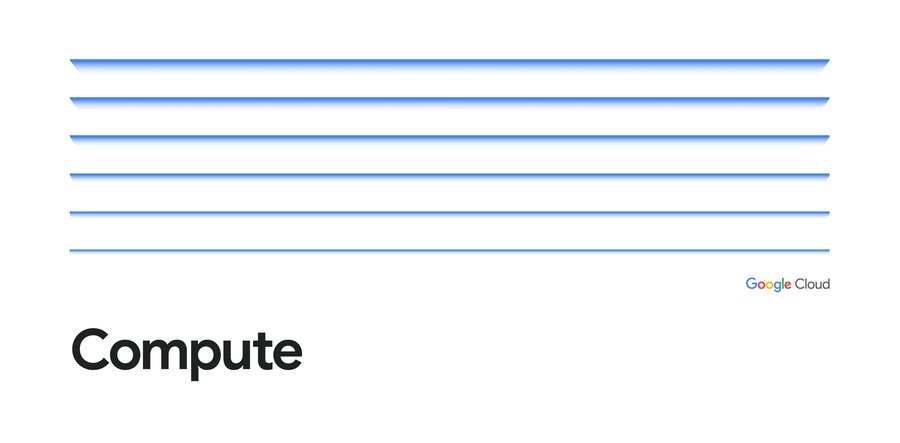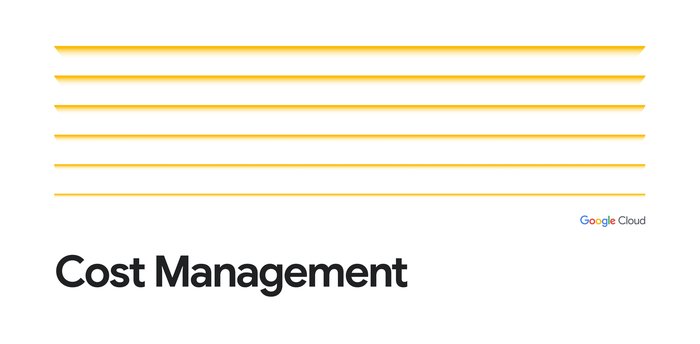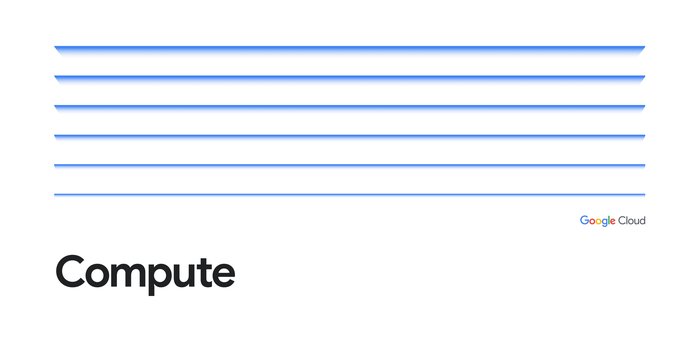How to use NetApp CVS as datastores for Google Cloud VMware Engine
Manish Lohani
Group Product Manager, Google Cloud
Sai Gopalan
Product Management, Google Cloud
Try Google Cloud
Start building on Google Cloud with $300 in free credits and 20+ always free products.
Free trialGoogle Cloud VMware Engine delivers a fully managed enterprise-grade VMware experience that is built on Google Cloud’s highly performant and scalable infrastructure. By enabling a consistent VMware experience, the service allows customers to adopt Google Cloud rapidly, easily, and with minimal change to on-premises vSphere workloads, bringing the best of VMware and Google Cloud together on one platform for a variety of use-cases. These include rapid data center exit, application lift and shift, disaster recovery, virtual desktop infrastructure, or modernization at your own pace.
For environments that are storage heavy, Google Cloud VMware Engine offers several ways by which you can expand storage available to your VMs - these include offering in-guest access to storage options such as Google Cloud Storage, Google Cloud Filestore, Dell PowerScale, NetApp Cloud Volumes Service (NetApp CVS).
Our expanding partnership with NetApp is focused on making cloud migration easier. One aspect of this expanded partnership is enabling the use of NetApp Cloud Volume Service NFS shares as datastores for Google Cloud VMware Engine. We’re excited to share that the solution is now generally available, enabling customers to use NetApp CVS volumes as datastores for VMware Engine.
Use of external NFS datastores can lower TCO for customers running storage heavy workloads in VMware Engine by enabling independent scaling of compute and storage. NetApp CVS provides fully managed NFS volumes with scalable performance in the cloud.
To use this solution, users first need to peer their CVS tenant project with their Google Cloud VMware Engine tenant project and enable ESXi hosts to communicate with the NetApp CVS. Subsequently, users create CVS volumes, and manage those volumes using CVS UI/API/CLI. Before a CVS volume can be mounted as an external NFS datastore to ESXi hosts in VMware Engine, users must block volumes from accidental deletion to avoid disruption to the vSphere environment. This can be achieved by setting a flag (“Block volume from deletion when clients are connected”) at volume creation time. After creating volumes that can be used with VMware Engine, users can subsequently leverage these volumes as CVS NFS datastores for VMware Engine clusters.
“Since our partnership with Google Cloud began in 2018, we have continued to innovate jointly with Google to deliver the best hybrid cloud experience to our customers,” said Eric Han, Vice President, Product Management, Cloud at NetApp. “NetApp Cloud Volume datastores for Google Cloud VMware Engine enables organizations to scale compute and storage independently, uniquely enabling them to rapidly lift and transform their storage-heavy VMware estates in Google Cloud.”
“We’re excited to offer customers a compelling path to move enterprise workloads to the cloud,” said Manoj Sharma, Director of Product Management, Google Cloud. “Customers often have a need for large amounts of storage, and NetApp Cloud Volumes Service datastores for Google Cloud VMware Engine is an easy and cost-effective way to meet this need. With NetApp and Google Cloud VMware Engine, customers can extend their existing investments in VMware—using existing tools and processes—while enhancing agility, security and availability.”
If you or your customer wants to take advantage of this capability, please reach out to your Google, NetApp or VMware account team. Learn more about this capability by visiting the NetApp blog.



